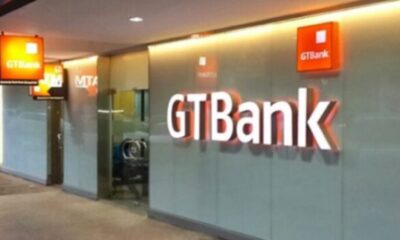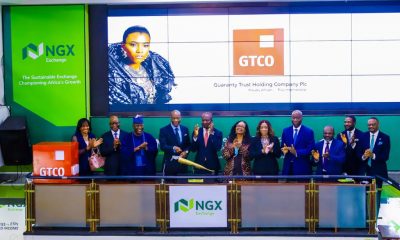Taiwo Oyedele, chairman of the presidential fiscal policy and tax reforms committee, says the federal government is working on a system that will provide tax relief to 95 percent of the informal sector.
Oyedele delivered a speech on Sunday during the committee’s last meeting in Abuja.
According to Oyedele, the idea is to free companies with annual revenue of N25 million or less from the different levies that are impeding their development.
‘’So, we think that 95 percent of the informal sector should be legally exempted from all taxes; withholding tax, company income tax, even payee on their staff,” he said.
‘’We’re using data to inform our decisions. Currently, if you earn N25 million a year or less, you don’t have to pay company income tax, you don’t have to worry about VAT.
‘’We think that the informal sector are people who are trying to earn legitimate living, we should allow them to be and support them to grow to a point where they can then have the ability to pay taxes.”
Oyedele said the new reforms being proposed would focus on the top 5 percent of that sector, the middle class, and the elite for taxes.
The tax expert said the committee is drafting the laws to effect the necessary changes in the fiscal policy and tax reform ecosystem of the country.
The new laws, he said, would ensure that reviews become sustained by all governments coming in, adding that “we don’t want this whole effort to go down the drain, after one or two years”.
On compliance, the committee chairman urged
all stakeholders to fully cooperate with the government in implementing a new fiscal and tax policy that would be used for the general good of the citizens.
“We think that the days of being above the law in paying taxes are over. The same thing we’re saying to our leaders, whether they are elected or appointed,” he said.
“We think they have to lead by example by showing that they have paid the taxes, not only on time, but correctly to the lawful authorities as contained in the various laws.”
Oyedele said some of the taxes complained about by Nigerians are those already in the constitution, which the committee has looked at and called for their review.
He said the committee report would be made to pass through the normal process of legislation in order to give it the full legal backing.
“So, our expectation is, as we progress now from ideation, proposal to implementation, you’ll see less and less of those issues and then you’ll see harmony in the direction of the fiscal system,” he said.
‘’Not only in the number of taxes we collect, you will also see an improvement in how those monies are being spent.
Oyedele added that the committee has been working with the sub-nationals and the local government councils in its task of harmonising the taxes into a single-digit system.
“So, we’re convinced, and that’s what the data tells us, that the right path we need to follow is the path where we repeal many of these taxes, harmonise whatever is left,” he said.
“We think we can keep that within single digits across local, state and federal governments combined, and then improve the efficiency of collecting those taxes.
The tax expert said he is convinced that Nigeria needs to increase the threshold of exemption for small businesses, for low income earners “because if they cannot make ends meet, the last thing you want is someone asking you to pay tax”.

 BIG STORY13 hours ago
BIG STORY13 hours ago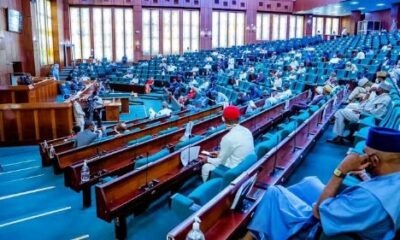
 BIG STORY5 days ago
BIG STORY5 days ago
 BIG STORY4 days ago
BIG STORY4 days ago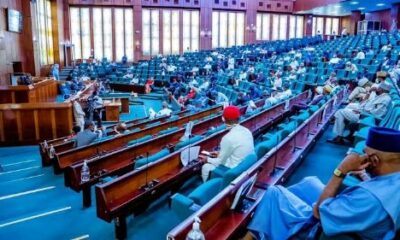
 BIG STORY4 days ago
BIG STORY4 days ago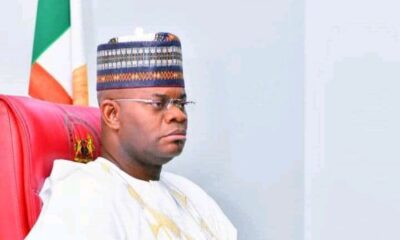
 BIG STORY3 days ago
BIG STORY3 days ago
 BIG STORY19 hours ago
BIG STORY19 hours ago
 BIG STORY5 days ago
BIG STORY5 days ago
 BIG STORY2 days ago
BIG STORY2 days ago





